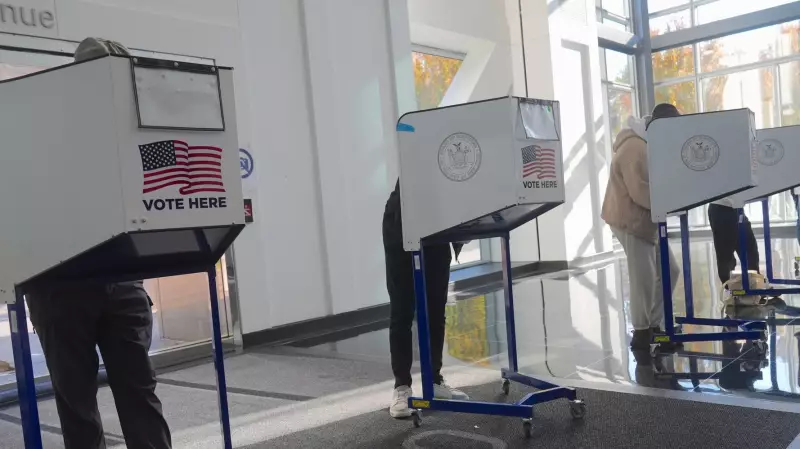
As Canada prepares for the 2025 federal election, millions of voters across the country are gearing up to cast their ballots. Whether you're a first-time voter or a seasoned election participant, having the right information is crucial for making your voice heard.
Key Dates and Deadlines
Mark your calendars! Election Day is scheduled for October 20, 2025, but advanced voting options will be available for those who need flexibility. The official campaign period typically begins several weeks before the main event, giving political parties time to make their final pitches to voters.
Voter Registration Essentials
Before you can vote, you need to ensure you're properly registered. Elections Canada maintains a permanent voters list, but it's wise to verify your registration status well before election day. You can check online through the Elections Canada website or by contacting your local returning office.
Eligibility Requirements
To vote in the 2025 federal election, you must meet these criteria:
- Be a Canadian citizen
- Be at least 18 years old on election day
- Provide proof of identity and address
Accepted Identification Options
Bringing the right ID to your polling station is critical. Elections Canada accepts various forms of identification, including:
Primary Identification
- Driver's license
- Provincial or territorial ID card
- Any other government-issued identification with your photo, name, and current address
Alternative Options
If you don't have primary ID, you can present two pieces of identification that together show your name and current address. Utility bills, bank statements, and student ID cards are commonly accepted secondary documents.
Polling Station Information
Most voters will receive a voter information card in the mail indicating their assigned polling station. These locations are typically set up in community centers, schools, and other public buildings within your riding.
Voting Hours
Polling stations generally operate from early morning until late evening, with specific hours varying by time zone to ensure fair voting access across the country. Advanced polling stations offer additional flexibility for those who can't vote on election day.
Special Voting Arrangements
Elections Canada provides multiple voting options to accommodate different circumstances:
Mail-in Ballots
If you're unable to vote in person, you can request a mail-in ballot. The application process typically opens several weeks before election day, giving you ample time to receive, complete, and return your ballot.
Accessibility Services
Polling stations are equipped to assist voters with disabilities. Services may include wheelchair accessibility, magnifiers, tactile and braille voting templates, and assistance from election workers.
What to Expect at Your Polling Station
When you arrive at your designated polling location, election workers will guide you through the voting process. You'll be asked to confirm your identity, receive your ballot, and proceed to a private voting booth to mark your choices.
Remember: Federal elections determine who represents your riding in the House of Commons and which party will form the government. Your vote directly impacts Canada's political direction for the coming years.
Stay informed about candidate platforms, review your riding's electoral district boundaries, and make a plan to vote. Democracy works best when every eligible citizen participates.





